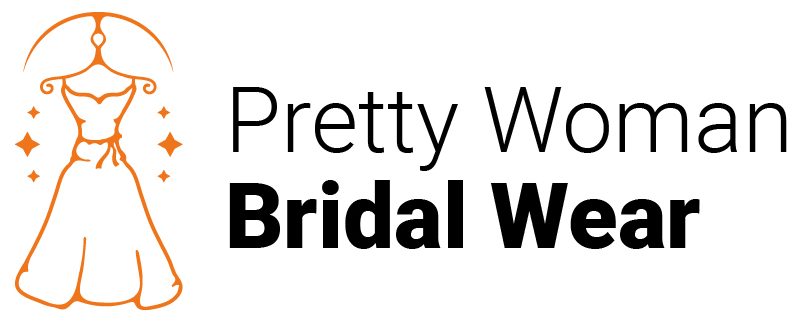The UK Supreme Court issued its decision on Lee in v. Ashers on October 10, in a case that comes from Northern Ireland that has attracted the attention of many. In May 2014, Gareth Lee, a gay rights activist and member of QueerSpace, which is an organization for LGBT people in the LGBT group within Northern Ireland, ordered a cake from Ashers Bakery in Belfast. He wanted the cake to be decorated with the words “Support Gay Marriage” in celebration of this year’s International Day Against Homophobia and Transphobia. Amy, as well as Daniel McArthur, who ran the bakery, declined due to their religious objection, being religious Christians against gay weddings.
Lee brought the bakery before taking it to Northern Ireland County Court. The court ruled in his favor and awarded the bakery PS500 in damages against Ashers the bakery, a decision that was later accepted in the Court of Appeal. Now, the Supreme Court has reversed that decision, stating in favor of the claim that Lee wasn’t discriminated against.
Lee, the case of. Ashers is not the only instance in which the religious freedom of Christians is in contradiction with the rights and needs of lesbians and gays. In Bull v. Hall (2013), the UK Supreme Court upheld the claim of a gay couple who were denied accommodation in a double bedroom by the Christian couple that ran breakfast and bed. Contrarily, in the case of Phillips v. Craig and Mullins (relevant since it dealt with several of the same concerns), The US Supreme Court in June 2017 ruled in favor of a baker who advised a couple who were gay that he could not provide cakes for their forthcoming wedding.
The case of Lee in Lee. Ashers, Lady Hale, who drafted the Supreme Court’s decision in Lee v. Ashers, confirmed the moral and legal defense against discrimination against persons because of their sexual orientation. According to her, it is a crime to deny someone access to a service because of their sexual orientation can be “deeply humiliating and an affront to human dignity” (paragraph 35). But, in the judgment of the court, McArthur’s complaints were directed at the cake’s message rather than Lee himself, and therefore, the discrimination was non-existent.
‘Disassociable’
The court was able to determine if Lee’s sexual orientation, in the sense of gay, could be “disassociable” from the message on the cake and decided the cake was not. Many people – straight, gay, and bisexual – are in favor of gay marriage, as the court stated that it was a message that favored it wasn’t a symbol of any specific sexuality.
Does that make sense? Although support for gay marriage isn’t a sign of the person’s sexual orientation man,y gays and lesbians do recognize – and possibly connect with the issue of marriage between gay and straight people, which means there’s a strong connection for them at the very minimum.
What about the bakery’s faith-based beliefs? In Article 9, the European Charter of Human Rights (ECHR), to which the UK is a signatory, grants individuals the right to freedom of speech and display their faith “in worship, teaching, practice and observance.” In a different high-profile case 2013 in 2013, the European Court of Human Rights, for instance, ruled in favor of Nadia Eweida, a Christian British Airways employee who wore an eagle around the chain she was wearing at work, in violation of the BA’s policy of uniformity at the time.
It is interesting to note that the court didn’t look into the issue of McArthur’s religious freedom at this point. The refusal to bake a wedding cake that has an explicit message is not clearly a sign of expressing your beliefs, like wearing the cross. In contrast with the Phillips v. Craig and Mullins wedding cake case in the United States Supreme Court, there was a case where the US Supreme Court explicitly defended Phillips on the foundation of his freedom of religious belief, a right that that the American court has historically understood with a lot of flexibility.
The case of Lee in Lee. Ashers, the court also took into consideration Article 10 of the ECHR as well as the right to free speech. As per the Court, Article 10 also refers to the right not to speak. The idea is that in the event that McArthur was to be legally bound, the McArthurs were legally obligated to decorate their cake with the message “Support Gay Marriage.” They would be required to endorse a position with which they were not in agreement. McArthur said in the first trial in the County Court:
We shouldn’t promote same-sex marriage since it’s contrary to God’s Word.
Cakes are able to speak when they want.
The human rights activist, Peter Tatchell supported the Supreme Court’s stance regarding this and emphasized that the decision also stated that gay bakers are not required by law to make cakes adorned with pro-gay marriage slurs. It’s not just an unsubstantiated theory. In the case of Phillips case, the US Supreme Court compared his refusal to a variety of bakers from Colorado who refused the request of a man to decorate cakes with the words “Homosexuality is a sin that must be punished. Leviticus18:22”.
The issue isn’t just that this speech was offensive, but in fact, an effort to make use of an individual to promote opinions of one’s own. By securing the McArthurs from being subjected to compelled speech, they were protected by the UK Supreme Court, demonstrating a typically liberal concern for the individual’s right to conscience.



